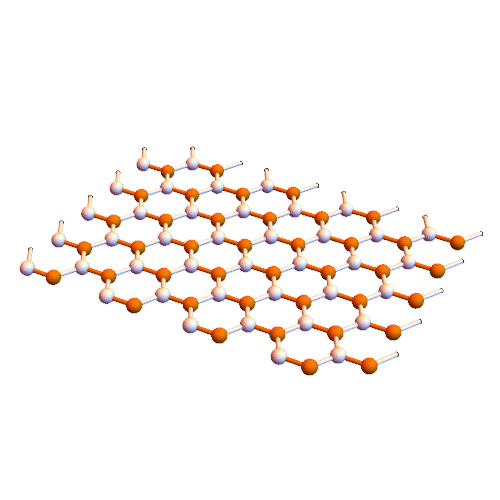نانو تراشه های Nano memory cloud اَبر حافظه از جنس نانو لوله های کربنی (بر پایه دکترای نانو _ میکرو الکترونیک)
پژوهشگر و نویسنده: دکتر ( افشین رشید)
نکته : ساخت تراشه هایNano memory cloud نانو اَبر حافظه ای از جنس نانو لوله های کربنی میباشد، اگر چه کشف نانو لوله های کربنی کوچک اما بسیار مقاوم، انعطاف پذیر و رسانا با ابعادی در حد رشته های DNA بوده است و استفاده از مولکولهای آلی ریز شبه کلروفیلی به جای خازن های ذخیره بار در تراشه های حافظه از نوع نانو جذب کند. نانو بلورها که کاربرد آن موجب افزایش طول عمر اَبر حافظه های نانو خواهد شد.
علم و فناوری نانو الکترونیک امکانات اَبر حافظه های نانو متفاوتی ارائه می کنند. مثلاً مواد فوتو شکستار ، نمایانگر فقط یک نوع حافظه اپتیکی اند. در واقع با استفاده از فناوری نانو می توان ظرفیت ذخیره سازی اطلاعات را در حد هزار برابر یا بیشتر افزایش داد. ذخیره سازی اطلاعات مبحثی بسیار مهم و ضروری است که می تواند به روش های مختلفی از طریق اَبر حافظه های نانو انجام شود.یکی از ابزار جدید ذخیره اطلاعات استفاده از نقاط کوانتومی نیکلی در اندازه های نانومتری است که انتظار می رود برای ذخیره کردن ترابایتی داده ها، مورد استفاده قرار گیرد. با توجه به اَبر حافظه های نانو پتانسیل بالایی برای فعالیت در این زمینه وجود دارد.
در هدایت الکتریکی از یک هادی به یک نیمه هادی و یا یک عایق قابل تغییر الکتریکی نانو لوله ها بسته به ساختار و زاویه کایرال مولکولی آنها میباشد. از آنجایی که نانو لوله های کربنی قادرند جریان الکتریسته را به وسیله انتقال بالستیک الکترون بدون اصطکاک از سطح خود عبور دهند- این جریان صد برابر بیشتر از جریانی است که از سیم مسی عبور میکند- لذا نانولوله ها انتخاب ایده آلی برای ساخت تراشه هایNano memory cloud نانو اَبر حافظه ای میباشند.
نتیجه گیری :
ساخت تراشه هایNano memory cloud نانو اَبر حافظه ای از جنس نانو لوله های کربنی میباشد، اگر چه کشف نانو لوله های کربنی کوچک اما بسیار مقاوم، انعطاف پذیر و رسانا با ابعادی در حد رشته های DNA بوده است و استفاده از مولکولهای آلی ریز شبه کلروفیلی به جای خازن های ذخیره بار در تراشه های حافظه از نوع نانو جذب کند. نانو بلورها که کاربرد آن موجب افزایش طول عمر اَبر حافظه های نانو خواهد شد.
پژوهشگر و نویسنده: دکتر ( افشین رشید)
دکترایِ تخصصی نانو _ میکرو الکترونیک




